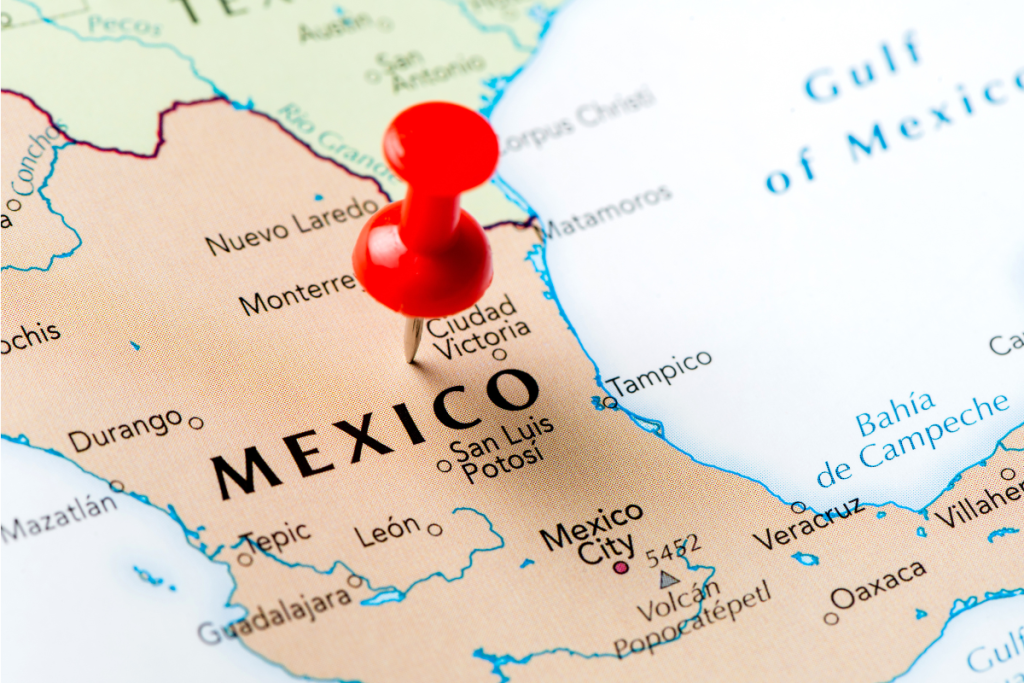Amid intensifying trade friction and shifting global sourcing priorities, Mexico’s nearshoring ambitions are drawing renewed focus, driven by its strategic location and trade-friendly frameworks.
Tariffs Push Production South
New reports from Uber Freight and Bank of America point to Mexico’s rising appeal as U.S. tariffs on Asian goods climb to 25%, while over 90% of Mexico’s shipments to the U.S. remain tariff-free under the USMCA. Uber Freight’s Q2 Market Update says Mexico’s strategic position and trade-friendly environment have turned it into a “reliable alternative” for firms rethinking global sourcing strategies.
Auto manufacturers including BMW, Volkswagen, and Mercedes-Benz are expanding their Mexico operations to avoid U.S. tariffs on non-originating goods. According to Bank of America’s June 5 report, the push for nearshoring, also known as friendshoring, is gaining traction, with Mexico standing out as a net beneficiary of a shift from cost efficiency to geopolitical risk management.
Challenges in Water, Infrastructure, and Legal Certainty
Mexico’s advantages are tempered by persistent challenges. The country is grappling with severe drought, placing it among the top 50 water-stressed nations, according to Verisk Maplecroft’s Water Stress Index. Infrastructure shortfalls further complicate expansion. The Ministry of Infrastructure, Communications and Transportation estimates $400 billion in new investment is needed by 2032 to handle the increased load at ports, railways, and border crossings.
Concerns over legal predictability are also mounting. Moody’s has warned that a 2024 judicial reform may erode confidence in Mexico’s legal system, discouraging foreign investment.
Tariffs Create Sector-Specific Headwinds
Within Mexico, while tariffs have lifted prices in some categories, overall inflation has remained contained by Banco de México’s recent rate cut to 9.00%, the lowest since September 2022. Yet the broader risk remains. The U.S. has imposed a 25% tariff on Mexican steel and aluminum, putting pressure on industries including automotive, electronics, and agriculture. Uber Freight notes that while USMCA goods remain tariff-exempt, non-compliant products face new 10% tariffs, complicating trade flows.
A Balancing Act for Mexico’s Trade Future
The resurgence of Mexico as a nearshoring destination highlights how trade policy shifts can redraw global sourcing maps almost overnight. Yet the path ahead remains a balancing act—navigating water stress, infrastructure bottlenecks, and governance risks, even as manufacturers hedge against geopolitical and logistical shocks. Recent data from global trade monitors suggests that companies weighing Mexico’s advantages must also prepare for the complexities of doing business in a market that is both uniquely positioned and persistently challenged.





